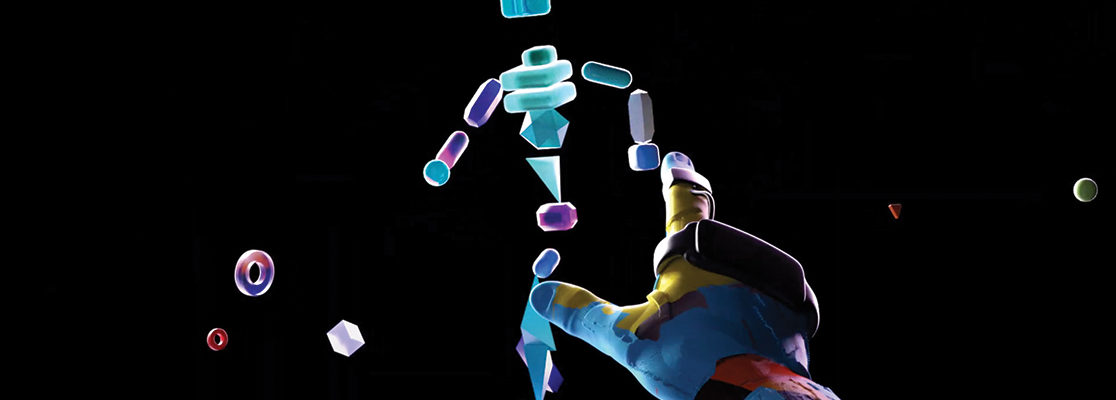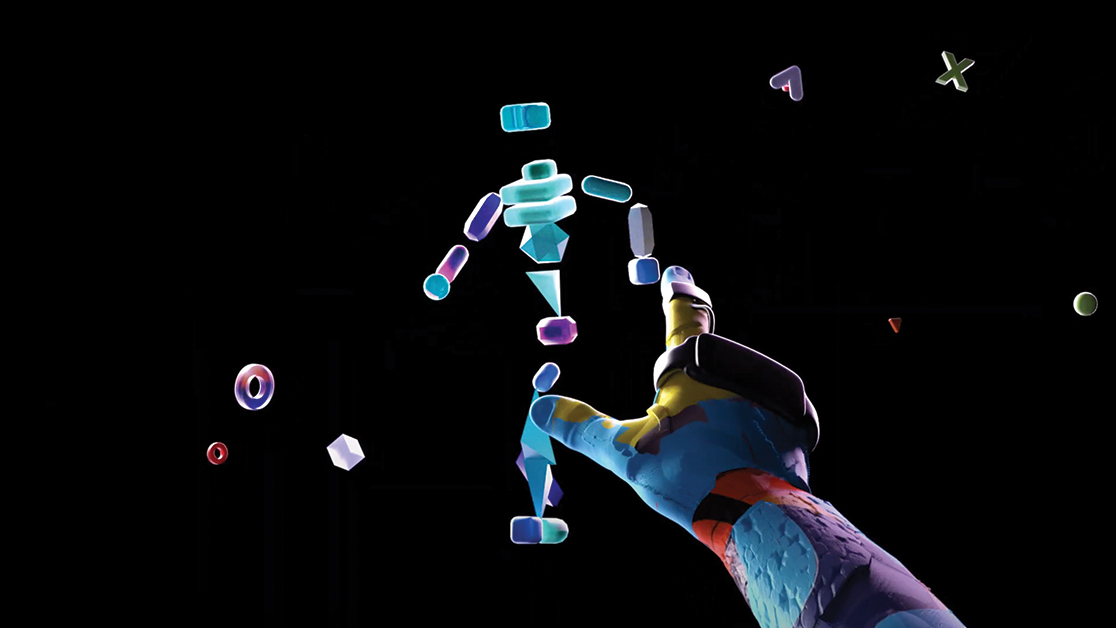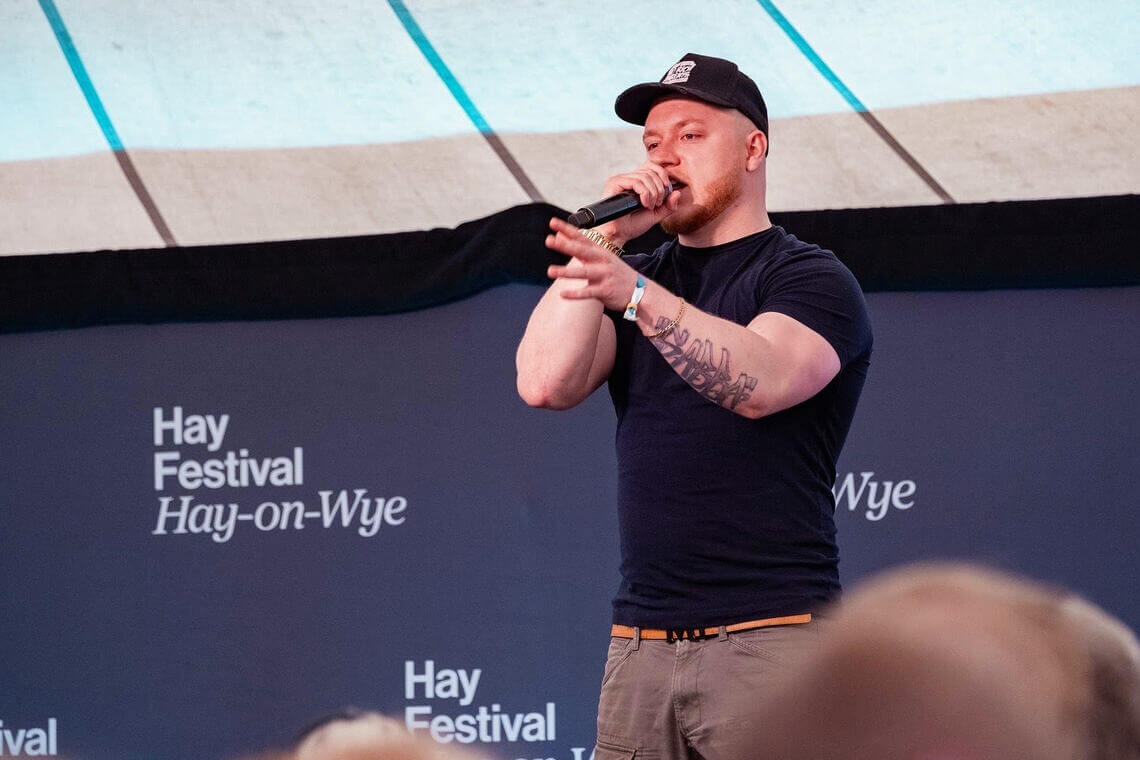Samuel Mansell is a self-described multimedia creative with experience in documentary films, delivering creative workshops and working in different roles in the music industry.
Initially an aspiring rapper, his work has highlighted community issues and led to the launch of Sam’s business, Drop All Words Media.
He was kind enough to host a masterclass as part of SAE’s Induction week, exploring his time at SAE and how he’s used his skills to work with major brands including BBC Arts, Warner Music, and Adobe.
Find out more about Sam’s filmmaking journey in our interview.
If you’d like to follow in his footsteps and take a course with SAE, then contact our team now.
You graduated from film, but your career has spanned so many areas. Can you talk about some of the other things you’ve done, like youth work, commentaries, and the play you’re working on?
Yeah, my career, both as an amateur and professional creative, since I was 18 or 19, has spanned a lot of industries – from theatre, which is new for me, to video and music. I’ve been an artist and a facilitator of music work, as well as a workshop facilitator in community and corporate spaces. So, everything from picking up a camera to rapping to leading workshops. It’s very varied.
What inspires you to do all these different projects?
I have this chaotic, uncontrollable energy, and it means I’ve never been able to stick to one thing. Whether it was schoolwork or making beats, I’ve always done multiple projects. That’s allowed me to pick up a lot of different skills, but it’s also hard to finish projects. I have a huge whiteboard full of stuff to finish, and the list keeps growing!
Is there anything from your time at SAE that’s contributed to your career trajectory?
Coming to SAE as a student really influenced me. It’s a creative space, which means it fosters a culture of creativity. You’re surrounded by people doing all sorts of things – rock music, electronic music, short films, animation. Being in this environment allowed me to absorb so much that I wouldn’t have experienced otherwise.
How did you navigate the challenges of Covid during your time at SAE?
Covid was tough, but it was also the best thing for my career. I was self-employed, so I didn’t have a traditional job, and that meant I could focus entirely on creative work. It gave me the time and space to really develop my craft without distractions.
What’s the most valuable lesson you’ve learned in your career that could inspire students?
The main lesson is to channel your deepest passions and create a niche within your field. I know it’s ironic since I do a lot of things, but within each medium I work in, I have a niche.
If you’re serious about pursuing this as a business, you need to be the best at something and simplify what you do. Always look for ways to streamline your work.
With the ever-evolving landscape of film, how do you stay inspired and motivated, especially with creative blocks and keeping up with AI?
I’m lucky because I focus on documentary filmmaking, which means I’m surrounded by endless real-world stories. I stay inspired by keeping my ear to the ground – watching the news, seeing what’s happening, and finding out who’s doing what. And when it comes to AI, it’s great for commercial projects, but documentary films will always require human stories, so I’m not too worried about that.
What essential skills would you recommend students focus on developing to break into the industry?
Essential skills? Being able to operate equipment – whether that’s sound desks, DAWs, cameras, or editing software. Having a base level of skill in all of these areas is crucial because it gives you opportunities to pick up extra work that can support your bigger projects and goals. I know people who make good money just from knowing how to use a camera well.
Can you tell us more about the projects you’ve worked on since leaving SAE and what you’re currently working on?
Some of my key highlights include going to Jamaica to film with a music artist – I’ve done that four times now. Another highlight is having a sold-out screening for a documentary I worked on, Digging Crates, which hasn’t even been released yet. It’s about the decolonisation process in museums, particularly the Pitt Rivers Museum in Oxford. I’ve also been working on a play with my mum, who’s an actor, centered around knife crime, which just sold out as part of the Off Beat Festival.
What are some of the challenges you’ve faced in the film industry?
One of the biggest challenges is breaking into the industry itself. I don’t work in major networks, so I’ve been trying to get a documentary series off the ground for two years, but the process is slow. It’s about meeting the right people, which can be hard – you can spend six months working with someone and realise they’re not the right fit. But, you learn to look for people who have a track record that aligns with your values and projects.
How did your time at SAE help you, and do you have a favorite memory or valuable lesson from there?
My time at SAE really helped me by pushing me out of my comfort zone and making me work with people I might not have thought could benefit me. I learned not to judge people by what they’ve achieved or haven’t, and instead to be open-minded and realise that everyone has something valuable to offer. It’s a mindset I’ve taken with me into all my projects since.
Visit dropallwordsmedia.com to find out more about Sam’s different projects.
STUDY FILM Production at SAE
If you want to work in film production in the film industry, get to grips with the latest video editing software and hone your skills in a uniquely collaborative environment, then our Film Production degree could be for you.
With high-end digital cinema cameras and production suites, our facilities and expert tutors are well placed to give your career the best possible start in this fast-paced and dynamic industry.


































